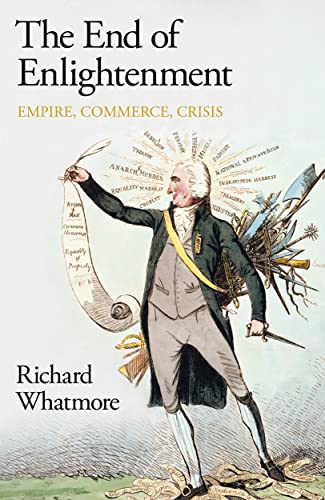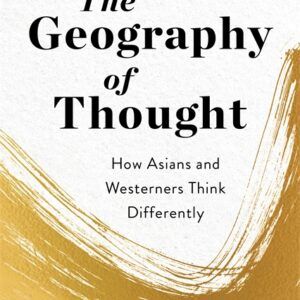The Enlightenment is typically seen as a time of progress and rationality, as a great leap forward in our capacity to control nature, generate wealth and direct our own destinies. The underlying assumption is that unparalleled optimism was the dominant register of Enlightenment thought; that for the writers and philosophers of the eighteenth century – for Jean-Jacques Rousseau, for David Hume, for Immanuel Kant – there was confidence in a radiant future.In The End of Enlightenment, historian Richard Whatmore debunks this triumphant story. In order to truly understand the Enlightenment, he shows, we must go beyond the assumptions of Marxist and Liberal thought and return to the perspective of those who lived through its rise and fall. In doing so, he argues, we will see an age that believed itself to be in a near-perpetual crisis, on the cusp of political ruin, at the edge of bankruptcy or civil war, or moments away from being eaten up by a rival state. The fanatic violence that enlightenment thinkers had sought to contain exploded into war, terror and revolution, show trials and guillotines. Profit-oriented global trading companies and dedicated advocates of order and liberty battled to take control of radically altered circumstances, demonising each another as fanatic and extremist exponents of chaos.Lucid and illuminating, The End of Enlightenment is a defining new exploration of one of the most important moments in human history.]]>
Sale!
End of Enlightenment
₹1,569.00
This book is currently not in stock. You are pre-ordering this book.




